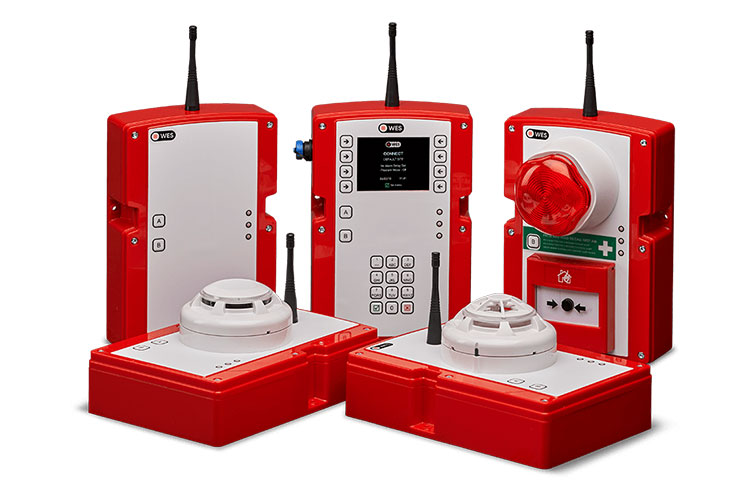Factors to Consider
Several points come to mind when you’re on the lookout for a fire alarm system that isn’t permanent. Let’s keep things simple by focusing on a few key aspects:
- Coverage Area: You need a system that covers all the spaces at risk. Check that the signal range meets your requirements without leaving any blind spots. This is especially important for large or irregularly shaped areas.
- Battery Life: A system with a long battery life is vital. Look for alarms that continue to function well during extended events or on sites where power sources are unavailable.
- Ease of Use: The last thing you want is a complicated setup. I prefer systems that are quick to install and easy to operate. Clear instructions and minimal wiring make a big difference.
- Reliability and Maintenance: Think about how the system performs over time. A robust design that requires little maintenance is ideal for temporary setups. Regular checks and straightforward troubleshooting steps add to your peace of mind.
- Portability: Since the system is temporary, moving it with ease is a bonus. Look for lightweight and compact units that don’t compromise performance.
Wireless vs. Wired Fire Alarm Systems
There’s always a debate between wired and wireless options:
- Wireless Systems
- Flexibility: They allow you to set up quickly without needing cables.
- Installation Speed: Ideal for sites where time is of the essence.
- Scalability: You can add or remove devices with little hassle.
- Wired Systems
- Steady Connection: They usually offer a stable connection, which can be crucial in environments with high interference.
- Installation Complexity: These often require professional setup and more time.
Wireless systems are the best choice for temporary applications. They keep things simple without sacrificing safety, especially when conditions change quickly.
Comparing Prices and Features
When comparing prices and features, We like to keep the following points in mind:
- Cost vs. Quality: A higher price doesn’t always mean a better product. Look at user reviews and performance data.
- Feature List: Check for features like real-time alerts, easy connectivity, and built-in testing modes.
- After-Sales Support: A reliable support system can save you headaches, especially under time pressure.
Here are a few bullet points to guide your purchase:
- Set a Budget: Know what you can spend before you start looking.
- Match Features to Needs: Don’t pay for features you won’t use.
- Read the Fine Print: Make sure you know what the warranty covers and the return policy.
Recommendations for Specific Environments
Different settings call for different setups. Here’s what we’ve learned from working on various projects:
- Construction Sites
- Look for alarms that are tough and resistant to dust and moisture.
- A battery-powered system is often best since power sources may be limited.
- Quick installation and removal help keep the site safe without adding extra work.
- Outdoor Events
- Coverage is key—ensure the system can handle large open spaces and areas with obstacles.
- Consider alarms with remote monitoring options to monitor safety anywhere on the site.
- Portability and ease of setup are essential when you have tight event schedules.
- Temporary Offices or Pop-Up Shops
- A system with clear instructions and simple controls works best in busy, changing environments.
- Look for a product that can be easily repositioned as your layout changes.
Final Thoughts
When choosing a temporary wireless fire alarm system, We always focus on what fits the specific needs of the project. Apparent factors, a comparison of options, and real-world advice can help you make a wise choice without the usual hassle. Remember, whether working on a construction site, organising an outdoor event, or setting up a temporary office, a sound system is reliable, easy to use, and designed for the task.

